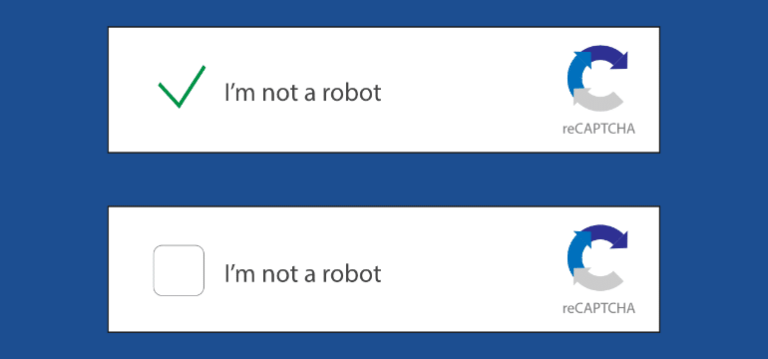The internet thrives on user interaction. But with this interaction comes the constant battle against automated bots that disrupt online activities. CAPTCHAs (Completely Automated Public Turing tests to tell Computers and Humans Apart) serve as a crucial security measure, differentiating humans from bots. Recently, “Splashui CAPTCHA?ap=1” has emerged, sparking curiosity about its functionality. Let’s delve into the world of Splashui CAPTCHAs and explore what this specific variation might entail.
Understanding CAPTCHAs
Imagine you’re trying to register for an account or access a restricted area online. Suddenly, a distorted image with text pops up, asking you to decipher the letters. This, my friend, is a CAPTCHA. It throws a simple yet effective challenge at you, one that a human can easily solve but trips up automated bots. By successfully completing a CAPTCHA, you prove you’re a real person and not a malicious program trying to gain unauthorized access.
CAPTCHAs come in various forms. The most common type involves deciphering distorted text or identifying specific objects in an image. Audio CAPTCHAs might ask you to type what you hear, while advanced versions might involve solving simple puzzles. The key lies in crafting a challenge that’s easy for humans but poses a significant hurdle for bots.
A New Twist on CAPTCHAs?
Now, let’s shift our focus to “Splashui CAPTCHA?ap=1.” Splashui is likely a company specializing in online security solutions, and “?ap=1” could be an internal parameter specific to their CAPTCHA implementation. While details are scarce, the question arises: What sets Splashui CAPTCHAs apart?
There’s speculation online that Splashui CAPTCHAs incorporate poetry into their challenges. This would be a fascinating innovation. Imagine a CAPTCHA asking you to identify a missing word in a famous poem’s excerpt. Such an approach could add a touch of intrigue and potentially make the user experience more engaging.
However, it’s important to manage expectations. There’s no official confirmation from Splashui regarding the use of poetry in their CAPTCHAs. Until they provide more information, it’s best to assume Splashui CAPTCHAs function similarly to traditional methods, using distorted text, images, or puzzles.
The Benefits of Robust CAPTCHAs
The importance of effective CAPTCHAs cannot be overstated. They safeguard online platforms from:
Brute-force attacks: Bots can systematically try millions of login combinations to crack passwords. CAPTCHAs act as a roadblock, significantly slowing down such attempts.
Spam bots: These bots can flood online platforms with unwanted content, disrupting user experience. CAPTCHAs add a layer of defense by making it difficult for bots to register new accounts.
Web scraping: Some bots scrape data from websites for malicious purposes. CAPTCHAs can deter such activity by hindering automated data-collection efforts.
By implementing CAPTCHAs, online platforms create a safer environment for legitimate users. It’s a balancing act – the challenge needs to be effective against bots without significantly hindering the user experience.

The Future of CAPTCHAs
The quest for the perfect CAPTCHA continues. While traditional methods are effective, they can sometimes be frustrating for users. New approaches like the rumored use of poetry in Splashui CAPTCHAs could pave the way for more engaging challenges. Ideally, the future of CAPTCHAs will see a blend of robust security with a user-friendly experience.
Here are some potential areas of exploration:
Adaptive CAPTCHAs: These could adjust difficulty based on user behavior, making it easier for legitimate users while posing a greater challenge to bots.
Invisible CAPTCHAs: These work behind the scenes, analyzing user activity and interactions to determine if they’re human.
Gamified CAPTCHAs: These could involve solving mini-games or puzzles that are both fun and effective security measures.
Conclusion
Splashui CAPTCHA?ap=1 remains somewhat shrouded in mystery. While the use of poetry in CAPTCHAs is an intriguing idea, there’s no concrete evidence to support it. Nevertheless, Splashui’s presence in the CAPTCHA space highlights the ongoing evolution of online security measures. As technology advances, so too will our methods of differentiating humans from bots. The future of CAPTCHAs promises to be both innovative and user-centric.
Read also: The Intricacies of the C.W. Park USC Lawsuit